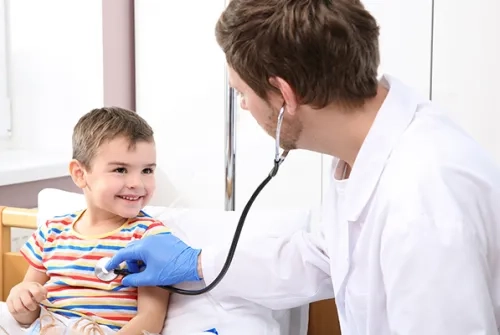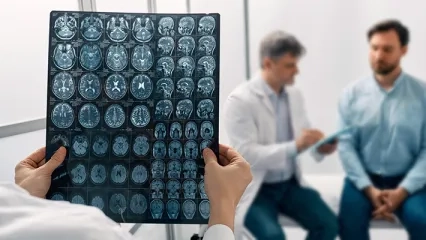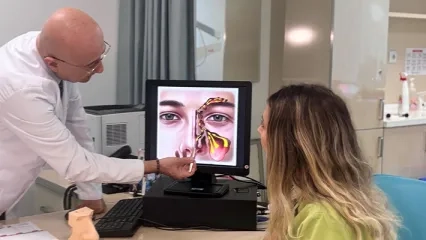Alo Yeditepe
Alo Yeditepe
Pediatric Infectious Diseases
Child health is of great importance for the future of our society. The healthy growth and development of children is a critical factor for them to realize their full potential. However, children are more vulnerable to infectious diseases than other age groups. For this reason, the Department of Pediatric Infectious Diseases, which specializes in pediatric health, plays a vital role in helping children cope with infectious diseases and protect their health.
The Department of Pediatric Infectious Diseases is a specialized branch of medicine in the field of pediatrics. The physicians working in this department have a special focus on infectious diseases in children. These specialists try to find solutions to the health problems of pediatric patients by basing their knowledge about the diagnosis and treatment of infectious diseases on current research.
Diseases Covered by the Pediatric Infectious Diseases Department
Respiratory tract infections, acute gastroenteritis, urinary tract infections, especially recurrent infections in children. Rash diseases of childhood such as measles, rubella, 5th disease, 6th disease, infections developing in immunocompromised children (e.g. cancer, organ transplant recipients, etc.) and vaccination planning of these patients. Rarer diseases such as tuberculosis (tuberculosis), HIV infection in children but requiring infectious diseases follow-up
Specialists in the Department of Pediatric Infectious Diseases also play an important role in vaccinations and preventive measures. They determine the vaccines needed to protect children against infections and manage vaccination programs. They also contribute to public health efforts to prevent outbreaks and prevent the spread of infections in the community.
Specialists in this department collaborate with other medical specialties to protect and improve children's health. They work with other pediatric specialties such as pediatric intensive care, pediatric neurology, pediatric cardiology and pediatric gastroenterology to provide a holistic approach to children's medical needs.
”
See Also
- What is Molluscum Contagiosum? What are the Symptoms?
- Which Vaccine Should be Given in Adolescence and When?
- Precautions to Take Protecting Children from Infections
- Hand Foot and Mouth Disease Symptoms and Prevention Methods
- What is Measles? Symptoms and Treatment
- Flu Vaccination in Children
- Congenital CMV Infection in the Neonatal Period
Alo Yeditepe










